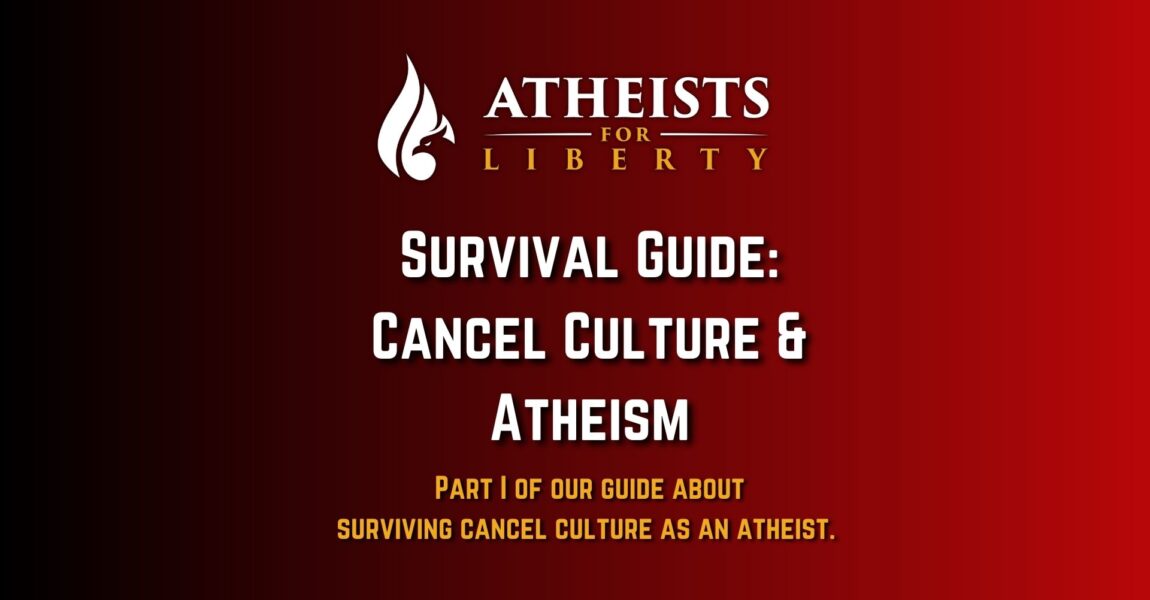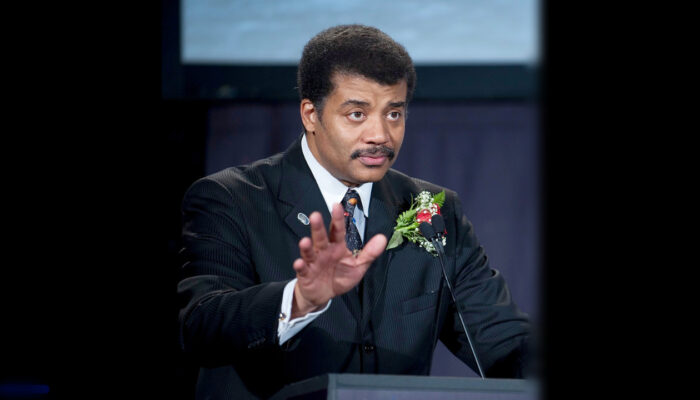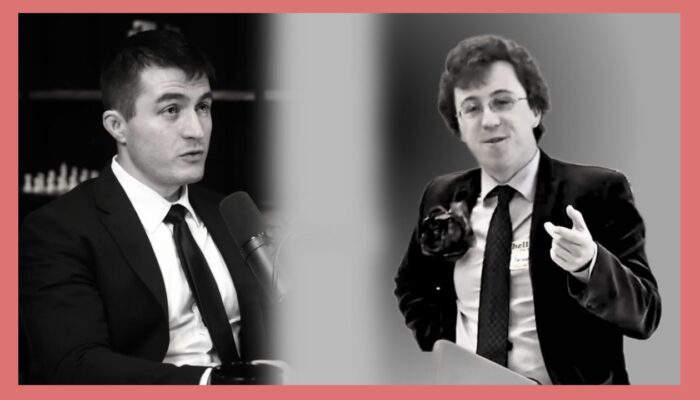
Survival Guide: Cancel Culture and Atheism (Part I)
Tips for Navigating the Minefield
In today’s world, cancel culture is becoming more prevalent than ever before. People are being “canceled” left and right for various reasons, and it can be challenging to navigate the minefield that is cancel culture and atheism. As an atheist, you may feel like you are already on the outskirts of society, and the fear of being “canceled” can be overwhelming. In this guide, we will discuss some tips for surviving cancel culture as an atheist, including understanding cancel culture, standing up for your beliefs, and finding a community that supports you. So, whether you are a long-time atheist or new to the community, this guide will provide you with the tools you need to navigate this challenging landscape.
Understanding cancel culture
To begin with, cancel culture is a social phenomenon where individuals or groups use social media to call out and boycott individuals or entities that have said or done something deemed offensive, problematic or controversial. Cancel culture has gained significant momentum in recent years, with many high-profile individuals facing social media backlash and even losing their jobs.
The impact of cancel culture on the atheist community
Accordingly, the atheist community has not been immune to cancel culture. Many prominent atheists have faced criticism, boycotts and even cancellation due to their views on certain topics. Atheists who express their opinions on sensitive topics, such as religion, politics or social issues, run the risk of being canceled or facing social media backlash.
Tips for navigating cancel culture as an atheist
But, there are several tips that atheists can use to navigate cancel culture. First, it’s important to be mindful of what you say on social media and how it may be perceived by others. Second, it’s essential to have a strong network of allies who can support you during times of controversy. Third, it’s crucial to remain informed about current events and issues that may be sensitive to the public.
Strategies for responding to cancel culture attacks
With this in mind, when facing cancel culture attacks, there are several strategies that atheists can use to respond effectively. These include acknowledging the criticism, and providing evidence to support your views. Unfortunately, this is often not enough to prevent cancel culture attacks, and that’s ok. It’s also important to be open to dialogue and willing to engage in constructive conversations with your critics.
How to maintain your values and beliefs in the face of cancel culture
Cancel culture can be challenging for atheists, who may hold controversial views on sensitive topics. However, it’s essential to remain true to your values and beliefs, even in the face of social media backlash. Atheists can maintain their integrity by staying informed, engaging in critical thinking, and continuing to express their views in a respectful and constructive manner.
The role of social media in cancel culture
Furthermore, social media has played a significant role in the rise of cancel culture. Atheists must be mindful of the impact of their words on social media and the potential consequences of their actions. Social media can be a powerful tool for expressing your views, but it can also be a double-edged sword that can quickly turn against you.
How to build resilience in the face of cancel culture
That being the case, cancel culture can be emotionally and mentally exhausting, particularly for atheists who may feel isolated or ostracized. Building resilience is essential for navigating cancel culture successfully. This includes practicing self-care, seeking support from allies and friends, and developing coping strategies for dealing with criticism and backlash.
The importance of standing up against cancel culture
While cancel culture can be challenging to navigate, it’s important for atheists to stand up against it. Cancel culture can stifle free speech and lead to a chilling effect, where individuals are afraid to express their views openly. By standing up against cancel culture, atheists can protect free speech and promote a culture of open and constructive dialogue.
The intersection of atheism and cancel culture with other social issues
Thus, atheism and cancel culture intersect with other social issues, such as racism, sexism, and homophobia. Atheists must be mindful of the broader context of cancel culture and its impact on marginalized communities. This includes understanding the dynamics of privilege and oppression and being respectful and inclusive in their language and actions.
Moving forward: Creating a culture of dialogue and respect
So cancel culture has become a controversial topic in recent years, with some arguing that it promotes intolerance and stifles free speech. While there may be valid criticisms of cancel culture, it’s important to recognize that it’s not the only way to address controversial or problematic views. In fact, cancel culture can often be counterproductive, driving people further apart and preventing meaningful dialogue.
One way that atheists can work to combat cancel culture is by promoting a culture of dialogue and respect. This means actively seeking out opportunities to engage with individuals who hold different views, and being open to hearing their perspectives. Rather than simply dismissing or attacking those who hold differing views, it’s important to engage in constructive conversations that seek to find common ground and mutual understanding.
Cancel culture complexity
Another way to promote a culture of dialogue and respect is by acknowledging the complexity of issues and recognizing that there may be multiple valid perspectives. This means avoiding simplistic or reductionist thinking, and being willing to engage with opposing viewpoints in a nuanced and thoughtful way. By acknowledging the complexity of issues, we can create space for constructive dialogue and prevent the kind of black-and-white thinking that often leads to cancel culture.
It’s also important to recognize the power dynamics that can be at play in discussions of controversial or problematic views. Those who hold marginalized or minority identities may be more vulnerable to harm or discrimination, and it’s important to be sensitive to these power dynamics and work to create safe and inclusive spaces for all voices to be heard. By actively working to create spaces where all voices are valued and respected, we can help to prevent the kind of toxic and divisive culture that can arise from cancel culture.
Ultimately, the fight for free speech and the promotion of a culture of dialogue and respect is an ongoing and complex challenge. But by actively engaging with these issues and working to create more inclusive and open spaces for dialogue, atheists can help to promote a more just and equitable society for all.
Where to go from here…
In conclusion, navigating the world of cancel culture and atheism can be challenging for anyone, but for atheists, it can be especially daunting. However, by following the tips outlined in this guide, you can arm yourself with the knowledge and tools necessary to protect yourself from being canceled and to stand up for your beliefs. Remember, cancel culture is not a monolith, and there is always room for respectful dialogue and healthy disagreement. By staying true to your values and being mindful of the impact of your words and actions, you can navigate this minefield with confidence and integrity. Don’t let cancel culture silence you or stop you from being who you are – with the right mindset and approach, you can survive and thrive in a cancel culture world.
Don’t let belief hold you back from living the life you want. Join the critical atheist community and start living a life of rational inquiry, skepticism, and humanistic values.
Become a member to join the movement!
Check out Atheists for Liberty on Facebook, Instagram, Twitter, Gettr, and YouTube.
Sources:
- “The Cancel Culture Checklist,” The New York Times, March 2021. https://www.nytimes.com/interactive/2021/03/10/opinion/cancel-culture.html
- “How Cancel Culture Affects Atheists,” Freedom From Religion Foundation, June 2020. https://ffrf.org/news/news-releases/item/37275-how-cancel-culture-affects-atheists
- “Navigating Cancel Culture as a Skeptic,” Skeptical Inquirer, December 2020. https://skepticalinquirer.org/exclusive/navigating-cancel-culture-as-a-skeptic/
- “The Limits of Cancel Culture,” The Atlantic, July 2020. https://www.theatlantic.com/ideas/archive/2020/07/limits-cancel-culture/613324/
- “Cancel Culture: What It Is and How It Works,” BBC News, August 2020. https://www.bbc.com/news/world-53495298
- “Cancel Culture: A Challenge to the Atheist Community,” Patheos, July 2020. https://www.patheos.com/blogs/daylightatheism/2020/07/cancel-culture-a-challenge-to-the-atheist-community/
Citations:
- Robb Willer, “The Social Roots of Cancel Culture,” Harvard Business Review, April 2021. https://hbr.org/2021/04/the-social-roots-of-cancel-culture
- Susan Benesch, “The Effects of Cancel Culture are Real,” The New York Times, September 2020. https://www.nytimes.com/2020/09/26/opinion/sunday/cancel-culture.html
- Richard Delgado and Jean Stefancic, “Understanding Words That Wound,” Westview Press, 2004. https://www.amazon.com/Understanding-Words-That-Wound-Delgado/dp/0813340306
- Eboo Patel, “Interfaith Leadership: A Primer,” Beacon Press, 2016. https://www.amazon.com/Interfaith-Leadership-Primer-Eboo-Patel/dp/0807033624
- Robert Talisse, “Overdoing Democracy: Why We Must Put Politics in its Place,” Oxford University Press, 2019. https://www.amazon.com/Overdoing-Democracy-Politics-Place-Philosophy/dp/0190083522
- Sam Harris, “Free Will,” Free Press, 2012. https://www.amazon.com/Free-Will-Sam-Harris/dp/1451683405


